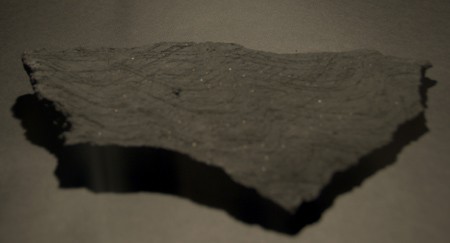Every once in a while I’ll see a tutorial online or a paper that talks about specular. And it will have a line like “Some materials such as cloth and cardboard are pure diffuse surfaces with no specular”. This is a lie. Every object in the real world has specular, even good old cloth and cardboard. I took these with my homebrew polarized lighting setup. Since I was holding the polarizer manually, the separation isn’t perfect, but seems to work well enough.
First, we’ll start with a cotton shirt. This is the most diffuse one I could find. Most cotton shirts have more specular.
Main:
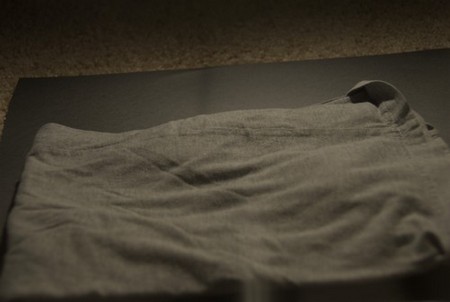
Diffuse:

Specular:
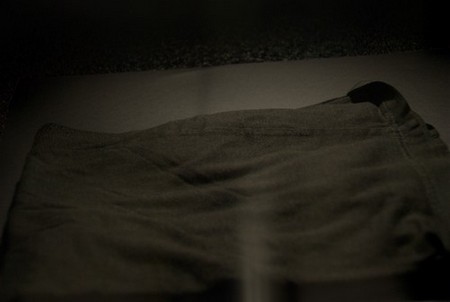 Here is some denim, a shinier cloth material.
Here is some denim, a shinier cloth material.
Main:
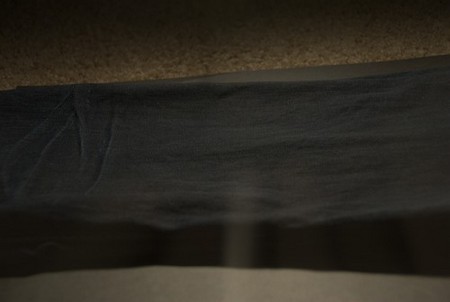
Diffuse:
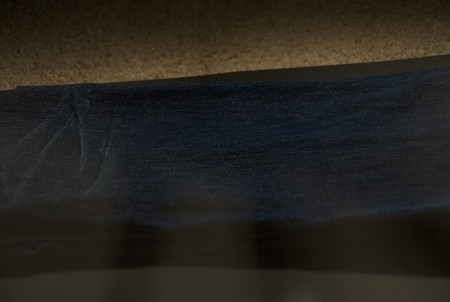
Specular:

Next, here is some cardboard. Yep, it’s shiny.
Main:
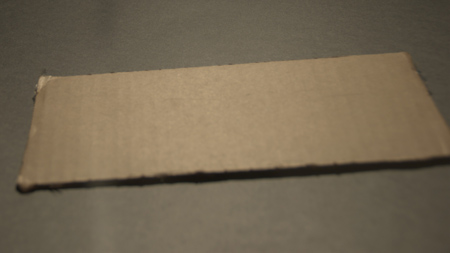
Diffuse:
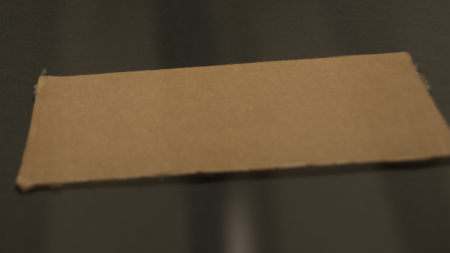
Specular:

As a comparison, here is one of my plates. Specular highlights are really bright!
Main:
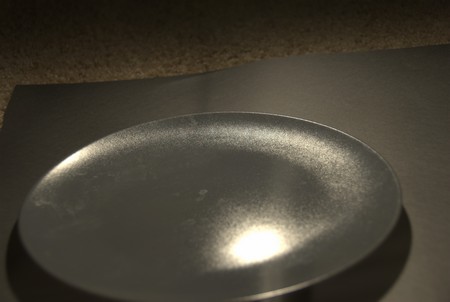
Diffuse:
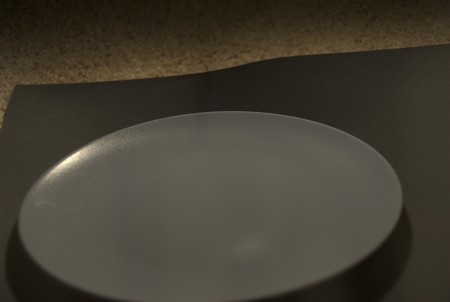
Specular:
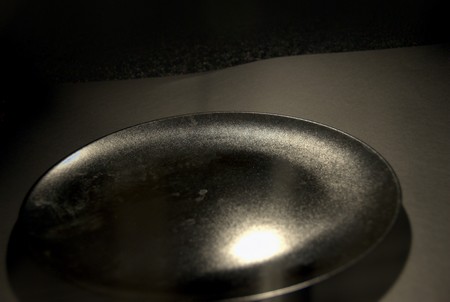
Here are a few other ones. Notice how much specular bricks have.
Main:
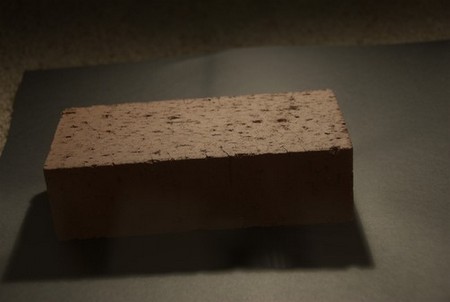
Diffuse:
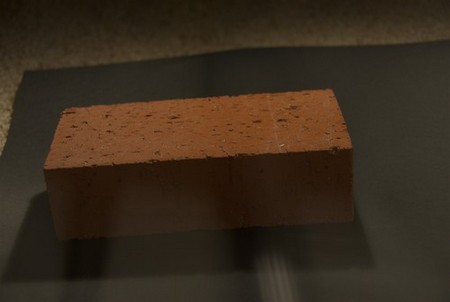
Specular:

Finally, here is a piece of concrete from the sidewalk. Sidewalk concrete is much less specular than road pavement.
Main:
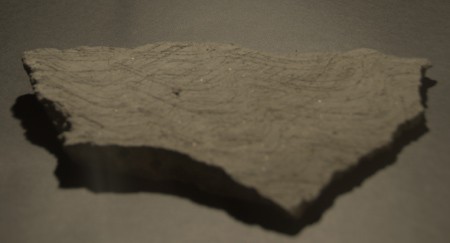
Diffuse:
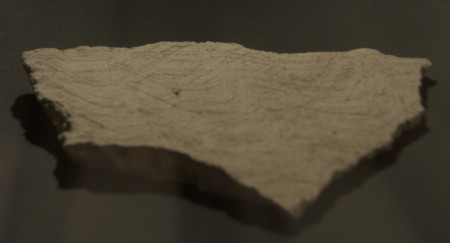
Specular:
